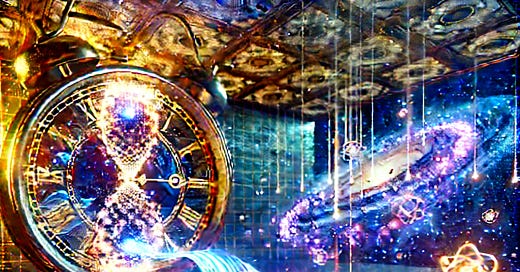Time, as we commonly understand it, flows in one direction: from past to present to future. This arrow of time governs our daily lives, underpins classical physics, and is deeply embedded in our philosophical understanding of cause and effect. But in the strange and counterintuitive world of quantum mechanics, this linear progression of time may not be so absolute. A provocative idea known as retrocausality suggests that events in the future can, under certain quantum conditions, influence the past. Could time operate backward at the quantum level? And if so, what are the implications for our understanding of reality?
This article dives deep into the scientific, philosophical, and experimental landscapes of retrocausality. We will examine key theories, highlight surprising quantum experiments, and discuss the implications of this idea for everything from consciousness to the future of technology.
Keep reading with a 7-day free trial
Subscribe to Exploring ChatGPT to keep reading this post and get 7 days of free access to the full post archives.



